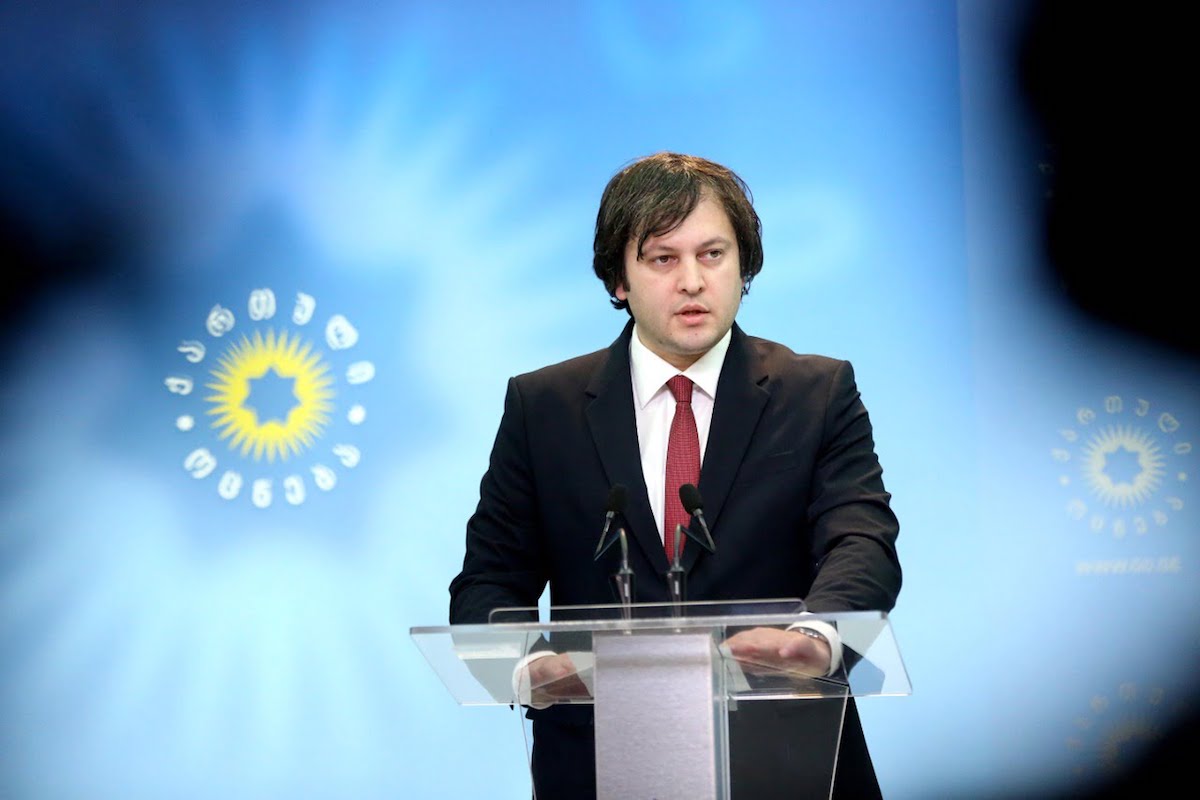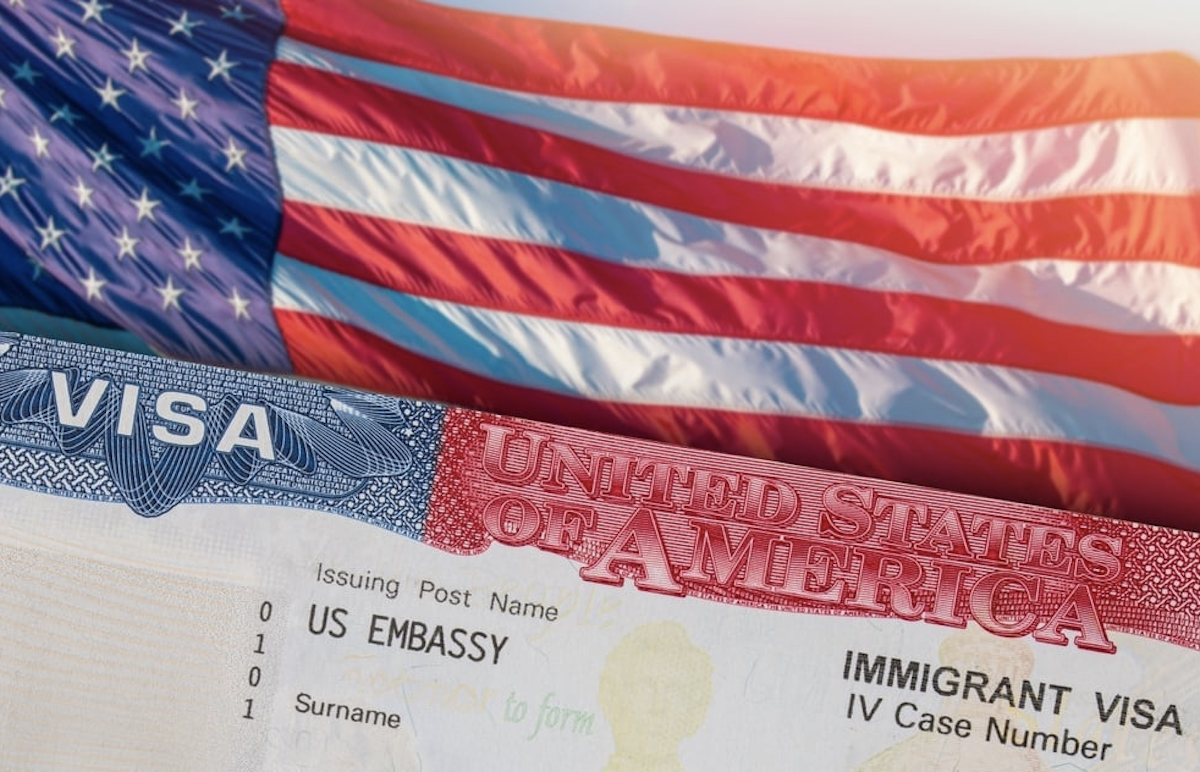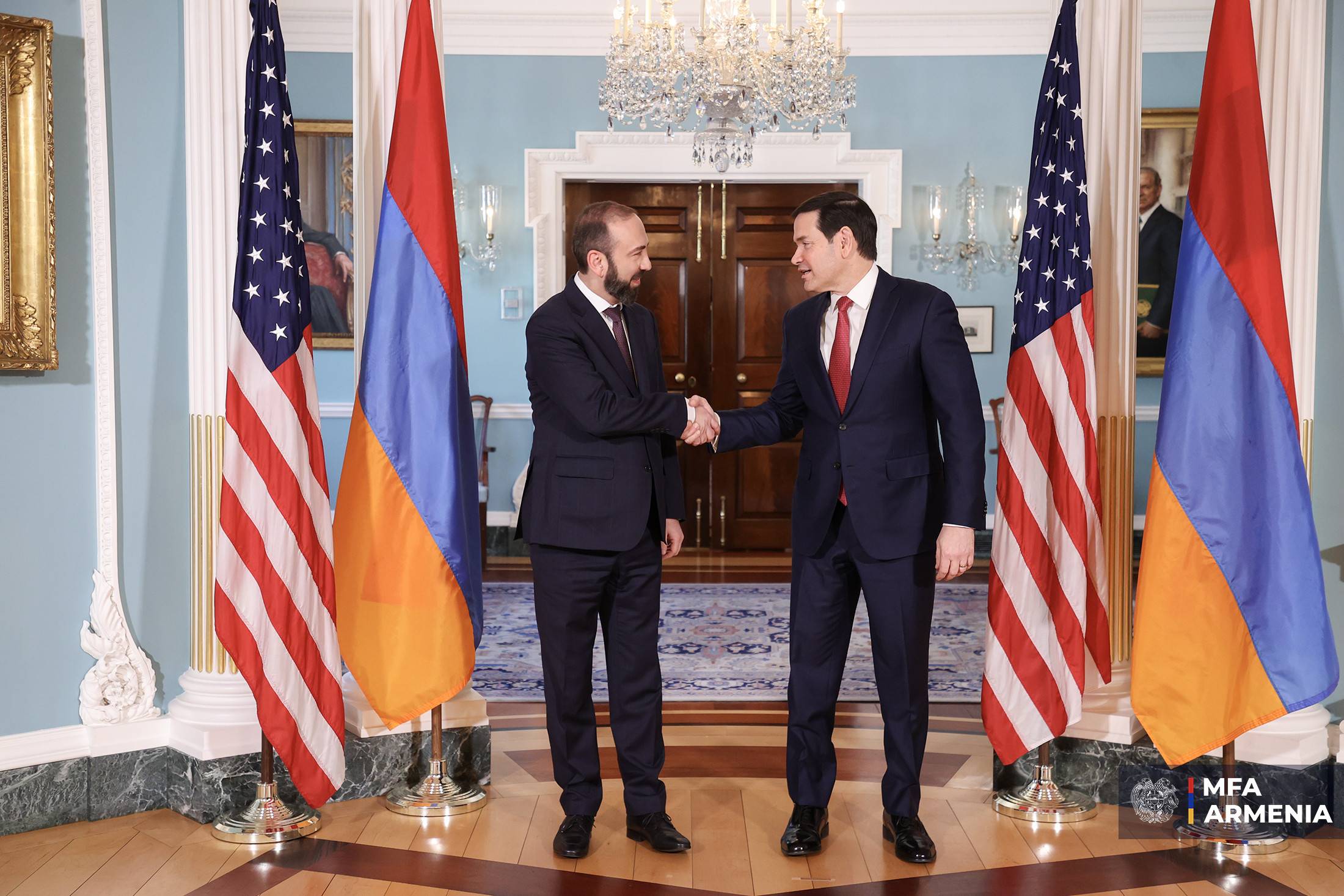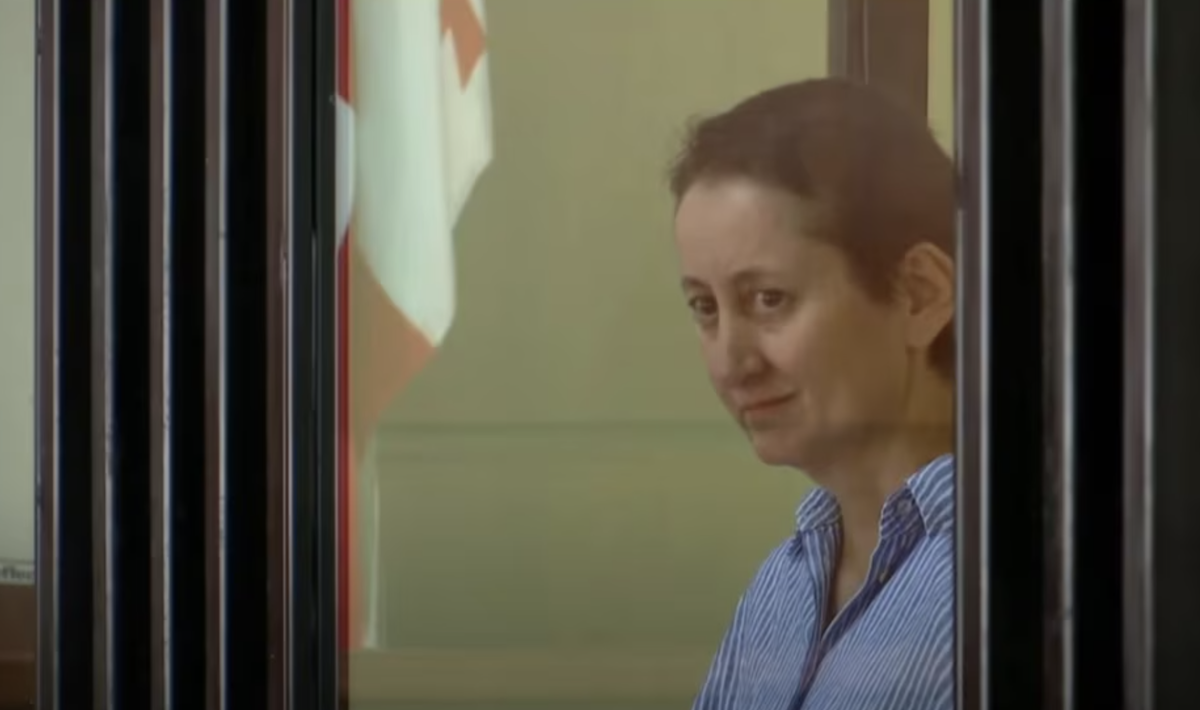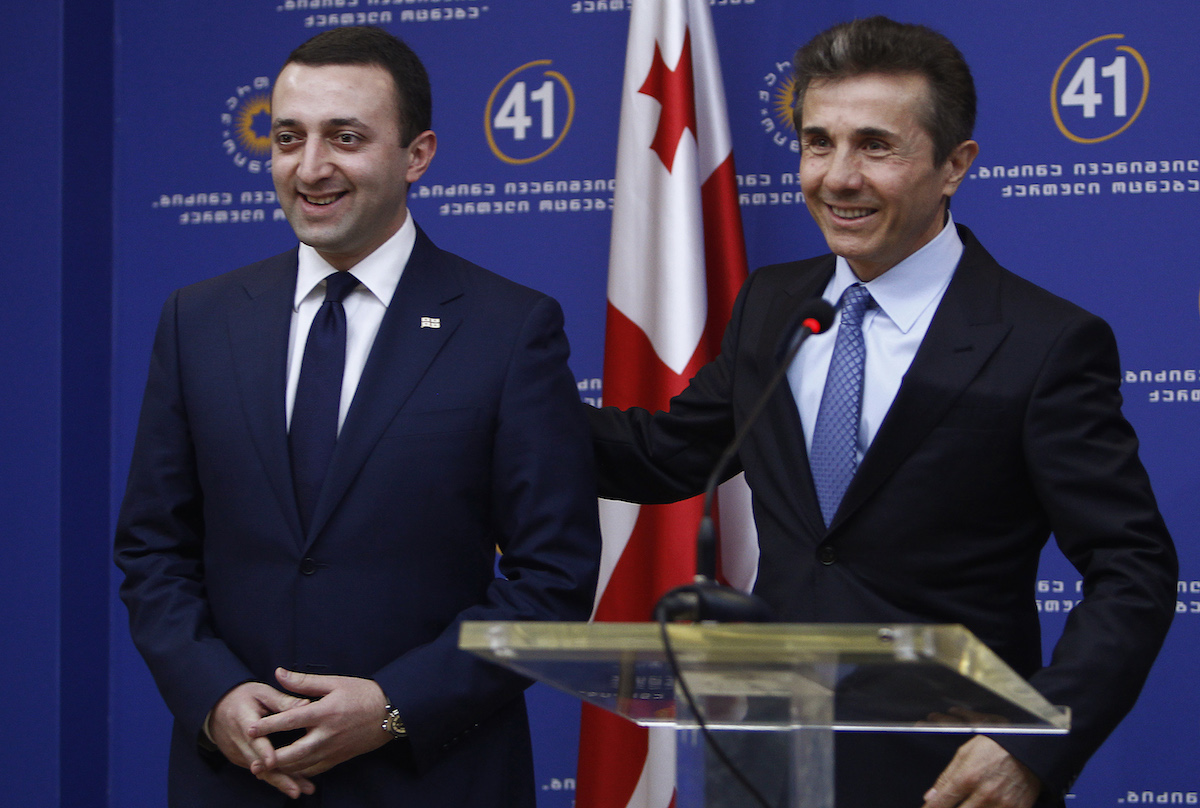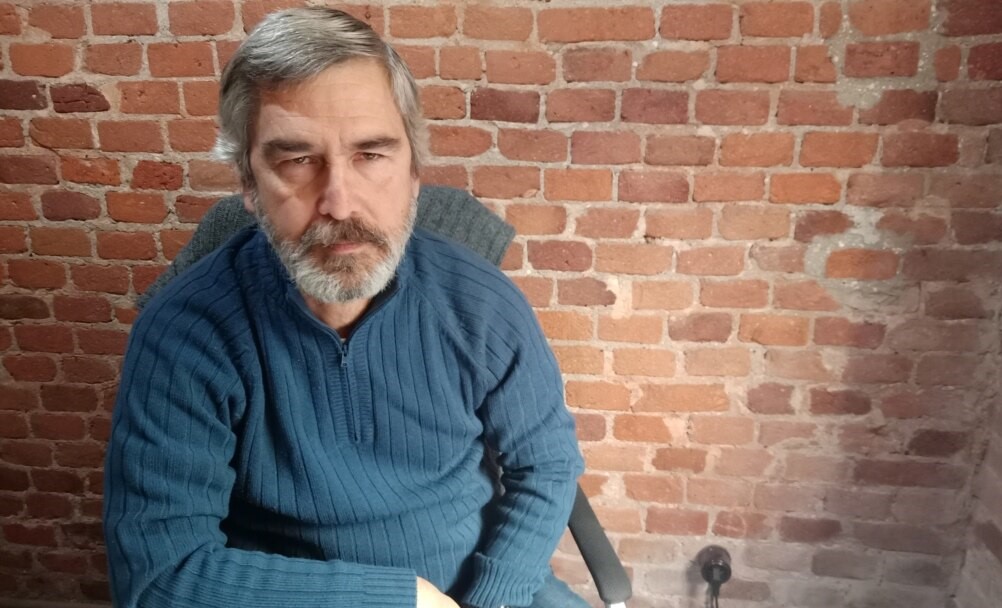EU Ambassador: "The 'foreign agents' law has frozen Georgia's European integration"
Georgia’s European integration
The EU Ambassador to Georgia, Paweł Herczyński, stated that the adoption of the “foreign agents” law has frozen the European integration of the country.
Here’s what Paweł Herczyński said
“With deep regret, I must announce that we are experiencing the most difficult period in EU-Georgia relations.
We have repeatedly stated that the law on foreign influence would adversely affect Georgia’s European aspirations. Unfortunately, this has happened. Next week, the EU will discuss and decide on what measures to take in response to events in Georgia.
This law has undoubtedly had a negative impact on Georgia’s prospects for progress. Its adoption has frozen the country’s European integration. As is known, integration into the EU requires unanimity among member states. We have already heard public statements from several EU leaders that, in case of the adoption of this law, they will be against starting negotiations on Georgia’s accession to the EU. The process has already begun, and the results will be announced next week.”
What you need to know about the “foreign agents” law in Georgia:
- The “Law on Transparency of Foreign Influence” was initiated by the ruling party “Georgian Dream” and passed by Parliament in its third reading on May 28, 2024.
- The Parliament adopted this law despite massive protests, persistent calls from Georgia’s Western partners, and the opinion of the Venice Commission of the Council of Europe.
- Following the law’s adoption, the United States raised the prospect of sanctions against the Georgian Dream government. On May 23, Secretary of State Antony Blinken stated that the U.S. would “conduct a comprehensive review of U.S.-Georgia cooperation.”
- The European Union also plans to take countermeasures. Senior EU officials have repeatedly indicated that this law distances Georgia from the EU.
- The Georgian government’s main argument is that similar laws exist in the U.S. and several European countries, including France. According to Georgian Dream, every country has the right to protect itself from foreign influence and demand transparency from its organizations.
However, this comparison is inaccurate because:
The American law FARA (Foreign Agents Registration Act), to which Georgian Dream refers, was enacted in the U.S. in 1938, before World War II, and aimed to protect the American public from Nazi propaganda. Neither then nor now did FARA apply to America’s allies and friendly countries.
In France, the law on “Foreign State Influence” includes a specific list of countries to which the law applies. This list comprises countries whose influence France considers a threat, including Russia, China, Turkey, and Iran. The French version also specifically states that this law does not apply to EU countries. The Georgian version lacks such provisions. Consequently, this law directly impacts organizations funded by the U.S. and the EU—friendly and partner countries that support democratic processes and numerous vital projects in Georgia, ranging from healthcare and infrastructure to strengthening civil society.
Furthermore, FARA stipulates that the law does not apply to media or NGOs, only to lobbying organizations. The Georgian version does not have this clarification.
Overall, the Georgian law is similar to the Russian law, which primarily affected media and the NGO sector. As a result, all non-governmental and media organizations not controlled by the Kremlin have been shut down in Russia. Hence, the Georgian law has been dubbed the “Russian law.”
It’s also important that this law contradicts EU legislation. When a similar law was adopted in Hungary, it was annulled by the European Court of Human Rights because it was directly aimed at silencing the media and oppressing NGOs.
The “Law on Transparency of Foreign Influence” in Georgia is set to come into effect by September 2024 when a special registry will be ready for “foreign agent organizations” to register. This applies to all organizations where over 20% of funding comes from foreign grants. In a small and not very wealthy country like Georgia, this includes the vast majority of non-governmental organizations.
Many Georgian NGOs and media refuse to register in the registry as they find the label of “organizations representing the interests of foreign states” offensive. “We work honestly in our country, so why should we be called ‘bearers of foreign state interests’?” they protest.
Some small organizations are already announcing their imminent closure. For instance, the NGO Fair Trees Foundation reported that its project to create a free children’s dental clinic would be suspended due to the law’s adoption.
Additionally, almost all animal protection organizations in Georgia rely on foreign grants, and thus the law’s adoption could lead to the closure of many of these organizations.
Georgia’s European integration










